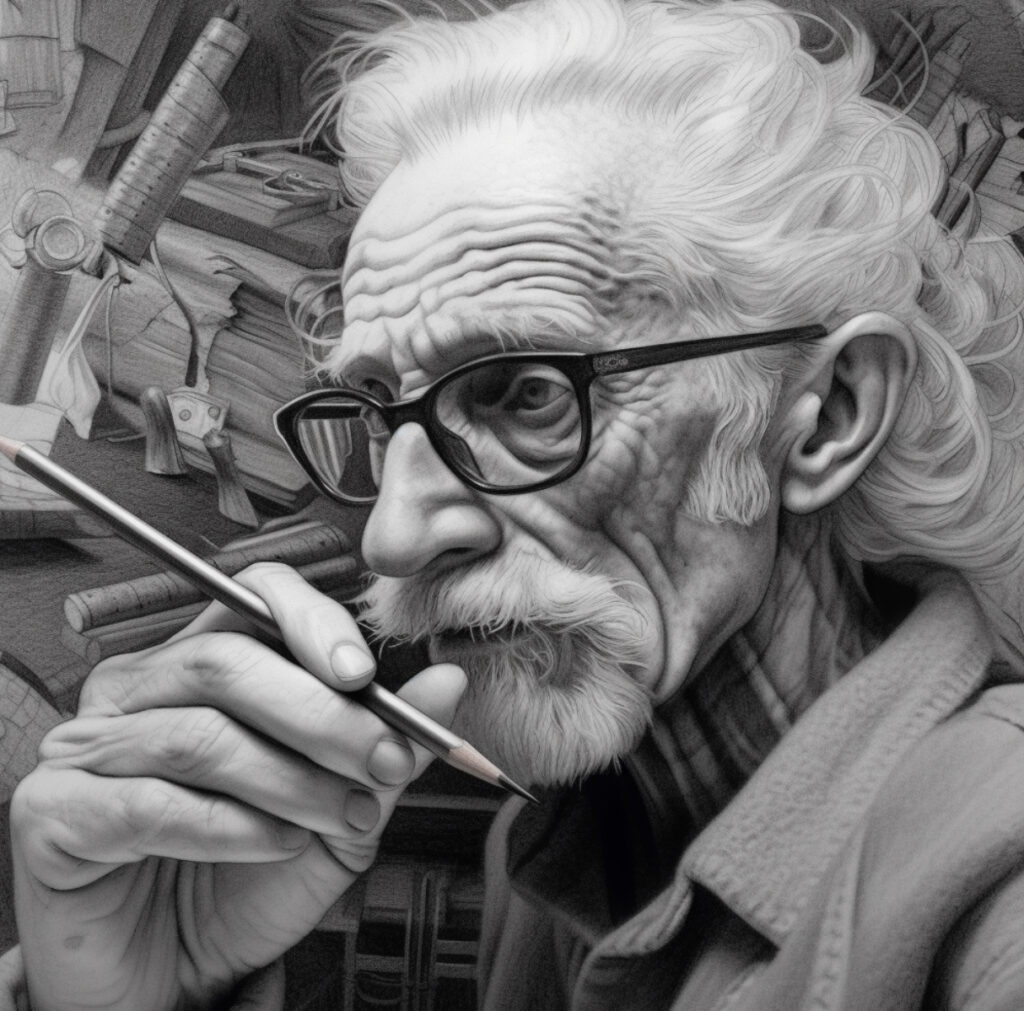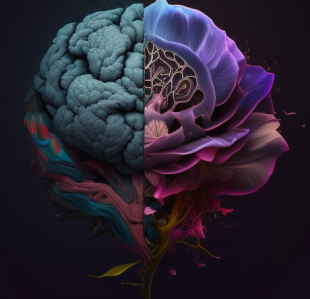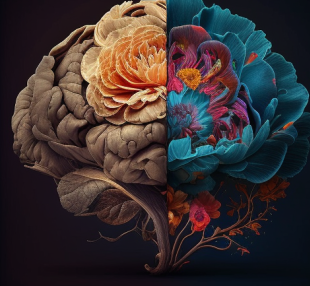In the vast tapestry of human existence, if there’s one thread that holds all the pieces together, it’s the power of relationships. From the relationships we cultivate in our personal lives to the bonds we create in our professional spheres, they serve as the backbone for every success, every joy, and every contentment we experience. Di Tran, in his upcoming book “Drop the FEAR and focus on the FAITH,” delves deep into this idea. He explores the notion that kindness, though seemingly simple, requires immense courage and faith.
What: The Importance of Relationships and Kindness
At the heart of every enterprise, be it a family unit or a multinational corporation, are relationships. These relationships are the invisible threads that tie together thoughts, actions, and results. Why? Because humans are inherently social creatures. We thrive on connection, understanding, and shared objectives.
And then there’s kindness. Kindness is more than just a nice gesture; it’s the manifestation of understanding and empathy. It’s the recognition of the struggles of others and the willingness to offer support.
Why: The Role of Relationships and Kindness in Success and Happiness
No matter the endeavor, relationships play a pivotal role in determining its success. In businesses, positive relationships with stakeholders, employees, and customers can propel a company to greatness. On the other hand, poor relationships can lead to mistrust and, eventually, failure.
Similarly, in personal life, healthy relationships pave the way for happiness. They provide a support system, a sense of belonging, and an environment conducive to growth.
Kindness, when integrated into these relationships, acts as a catalyst. It promotes trust, fosters collaboration, and bridges gaps. Moreover, kindness creates a ripple effect; a single act can inspire countless others, leading to a society where compassion becomes the norm.
Where: The Manifestation of Relationships and Kindness
Everywhere you look, relationships and kindness are manifesting themselves. In businesses, they appear as collaborations, partnerships, and customer loyalty. Companies that prioritize relationships and kindness find themselves with dedicated teams and loyal customer bases.
In our daily lives, the impact of positive relationships and acts of kindness can be seen in strengthened family bonds, lifelong friendships, and even fleeting interactions with strangers that leave an indelible mark.
Who: The Role Models of Relationship Building and Kindness
Di Tran, with his forthcoming book, stands as a beacon for those wishing to prioritize relationships and kindness in their lives. By emphasizing the need to drop fear and focus on faith, he offers a fresh perspective on these age-old values.
But Di isn’t alone in this. Throughout history, many leaders, thinkers, and ordinary individuals have demonstrated the transformative power of relationships and kindness. From Mother Teresa’s acts of compassion to the business magnate who prioritizes employee welfare over profits, the world is replete with examples.
Example: Kindness Requires Courage and Faith
Imagine a business scenario where an employee makes a significant mistake that costs the company money. The typical response might be punitive. But what if, instead, the employer approaches the situation with kindness, understanding the employee’s perspective, offering guidance, and focusing on growth rather than retribution? This requires faith in the employee’s potential and the courage to go against traditional punitive measures. The result? A motivated employee who’s more likely to be loyal, work harder, and ensure such mistakes aren’t repeated.
Support: The Ego, The Low, and The Faith
Di Tran suggests that when we’re on a high, ego often takes over, and when we’re low, depression creeps in. Both states leave no room for faith. But by placing relationships and kindness at the forefront, we can combat these extremes.
A high powered by strong relationships and acts of kindness keeps the ego in check. A low buoyed by the same values minimizes the depths of depression. It’s through faith in these values that one can navigate the highs and lows of life with grace.
Conclusion: Making the Shift Today
Life is complex, filled with peaks and valleys. However, the strength of our relationships and the kindness we extend to others can make the journey smoother and more fulfilling. By embracing the tenets laid out by Di Tran in his book and recognizing the profound impact of relationships and kindness, we can drop our fears and embark on a journey of faith. And in doing so, we’ll find that success, happiness, and contentment are never far behind.






















